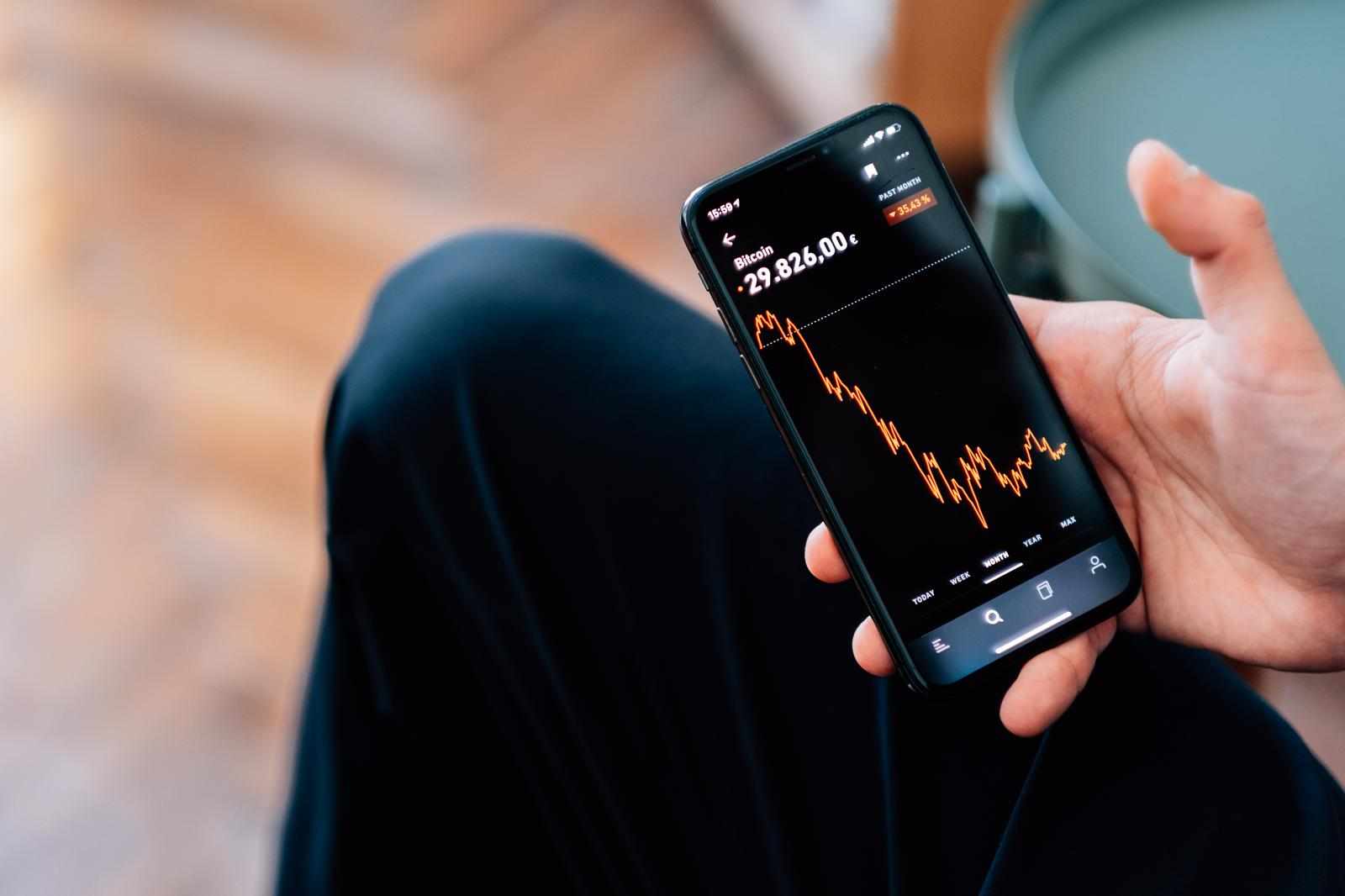
Traditional methods of teaching financial concepts often fail to engage people in a way that’s relevant, practical, or enjoyable. This is where opinion trading is making its mark, not just as a new form of interactive engagement but as an effective tool for building financial awareness and sharper thinking.
Unlike theoretical learning, opinion trading places users in real-world scenarios where outcomes are tied to events, trends, and public sentiment. It is active learning in its purest form, where judgment, timing, and reasoning come together. And in doing so, it turns curiosity into clarity and casual browsing into thoughtful engagement.
What Is Opinion Trading and Why Is It Different?
Opinion trading is a skill-based digital activity that involves responding to real-world questions or topics in areas like sports, governance, economics, entertainment, and technology. Participants engage by forming opinions on potential outcomes and choosing their stance. The simplicity of the format hides a deeper layer of intellectual engagement. It is not just about what you feel, but about how well you have read the landscape.
This process naturally strengthens critical thinking. When users interact with opinion-based platforms, they learn to consider multiple factors before making a choice, such as analyzing trends, understanding public behavior, assessing current data, and estimating possible developments. These are the very same skills needed for financial literacy.
A recent feature on BusinessWorld explores how platforms like Probo are gently driving this shift, offering users more than just interaction. They provide a practical path to understanding information, decision-making, and long-term reasoning.
Financial Literacy Is More Than Numbers
Many people assume that financial literacy is only about understanding banking terms or making budgets. In reality, it is about building the ability to evaluate information, make decisions under uncertainty, and stay aware of how the world affects personal and collective outcomes.
Opinion trading aligns perfectly with this mindset. For example, a user might interact with a topic related to a policy change and how it might be received. To respond effectively, they need to read the news, evaluate past decisions, consider public sentiment, and understand potential ripple effects.
Turning News Consumption into Active Learning
One of the challenges of improving financial literacy is turning passive media consumption into something more meaningful. Most people scroll through headlines without truly processing or applying what they read. Opinion trading transforms that habit. It encourages users to slow down, understand the context, and engage with current events in a thoughtful manner.
Instead of being overwhelmed by information, users become more selective and analytical. They learn to filter noise, focus on key indicators, and recognize patterns over time. These are foundational habits for financially literate individuals—those who think before they act and who stay informed about the world’s influence on personal choices.
Encouraging Risk-Free Exploration and Better Judgment
What sets opinion trading apart as a learning tool is its ability to teach without pressure. Since users are not dealing with complex jargon or high-stakes scenarios, they are more open to experimenting, making decisions, and learning from their thought process.
For instance, if someone follows a topic related to technology trends, they might begin researching market movements, user adoption patterns, or historical outcomes of similar innovations. Over time, they gain exposure to real-world reasoning without the intimidation that often comes with financial topics.
Building Habits That Mirror Financial Awareness
The most effective financial education is habit-based. It does not happen overnight, but through consistent exposure to decision-making, reflection, and learning from outcomes. Opinion trading encourages exactly that. Users return regularly, face new questions, adapt their thinking, and build confidence in evaluating different types of information.
Over time, these micro-interactions create a mindset shift. Users begin to look at current events not just as headlines, but as signals. They understand the ripple effect of actions and opinions, and they carry that analytical lens into other areas of life, including budgeting, investing, and long-term planning.
This shift is aligned with the vision outlined in ANI’s report on the evolution of information markets, where experts emphasize India’s potential to lead in shaping how real-time information is consumed and acted upon through innovative platforms.
A Social and Educational Experience Combined
Another unique aspect of opinion trading is its social dimension. Many platforms display how others are responding to the same questions, giving users a chance to compare perspectives, observe group behavior, and understand the diversity of thought. This exposure helps break echo chambers and opens the door to new viewpoints—another essential part of becoming financially aware in a globalized world.
People don’t just learn from their own experiences, but from the collective behavior of others. Seeing how public thinking shifts over time can help users appreciate the emotional and psychological elements that often influence decision-making, whether in the news cycle or in financial markets.
Conclusion: Is Opinion Trading a Smarter Way to Learn
Opinion trading is still an emerging format, but its impact is already being noticed in how it engages young, curious minds who might otherwise avoid traditional financial topics. It gamifies decision-making not through fantasy scenarios, but through the very world users live in. That real-life connection is what makes it powerful.
As more people embrace platforms that encourage active thought and informed choices, opinion trading is well-positioned to become more than just a trend. It is a potential bridge between everyday awareness and deeper financial understanding—a way to practice critical thinking in a world that demands it more than ever.
Read More: Opinion Trading as a Game of Skill: What the Data and Experts Say





Write a comment ...